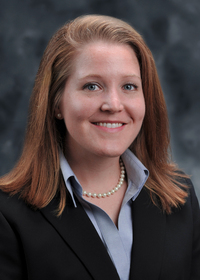Information Possibly Outdated
The information presented on this page was originally released on June 28, 2012. It may not be outdated, but please search our site for more current information. If you plan to quote or reference this information in a publication, please check with the Extension specialist or author before proceeding.
MSU announces dates for food safety training
MISSISSIPPI STATE – The Mississippi State University Extension Service is helping those who want to sell processed foods at Mississippi-certified farmers’ markets get the training they need.
The General Farmers’ Market Food Safety Training two-hour workshop will be offered on these dates:
- July 16 in Batesville at the Panola County Extension office at 9:30 a.m.
- July 16 in Indianola at the Capps Center at 2 p.m.
- July 18 in Jackson at the Mississippi Agriculture and Forestry Museum’s Ethnic Building at 10 a.m.
- July 18 in Philadelphia at the Neshoba County Extension office at 2:30 p.m.
- July 20 in Hattiesburg at the Forrest County Extension office at 10:30 a.m.
- July 26 in Verona at the North Mississippi Research and Extension Center at 10 a.m.
Sign-in will begin 30 minutes before each training session.
This course teaches basic food safety and regulations for processing foods in Mississippi. Topics include food handling, sanitation and hygiene, fresh cut fruits and vegetables and temperature of foods offered as samples.
The course is required for vendors who wish to sell processed foods at local, certified farmers’ markets. Vendors who have an updated and valid ServSafe certification from the Mississippi State Department of Health are not required to attend this workshop.
This training is free, but preregistration is requested at least three days before the scheduled workshop. Online registration is available at http://fsnhp.msstate.edu/events/farmersmarkettraining/, or call Anna Hood at (662) 325-8056.
This training is supported by a grant from the Mississippi Department of Agriculture and Commerce, the U.S. Department of Agriculture’s Specialty Crop Block Grant Program, the Mississippi Agricultural and Forestry Experiment Station and MSU’s Department of Food Science, Nutrition and Health Promotion.






